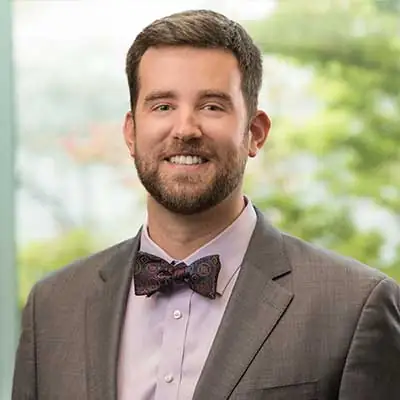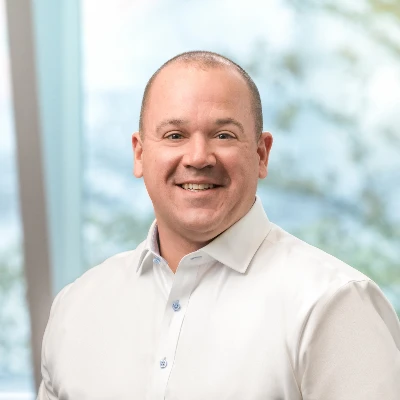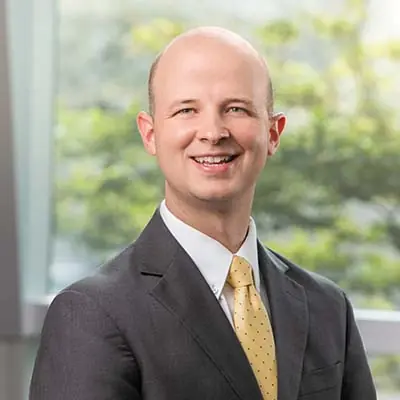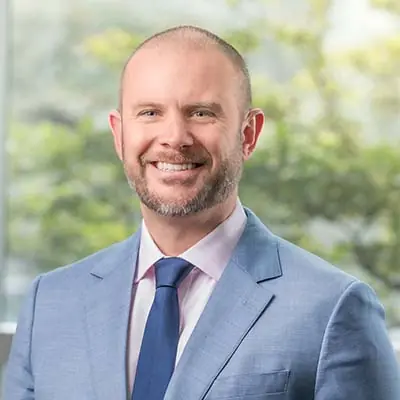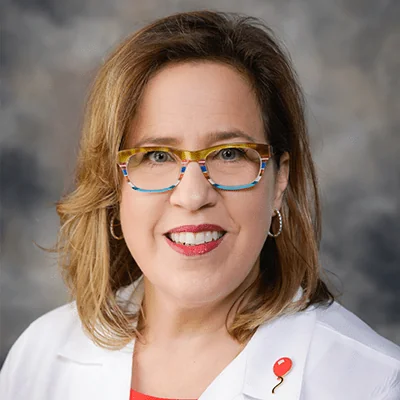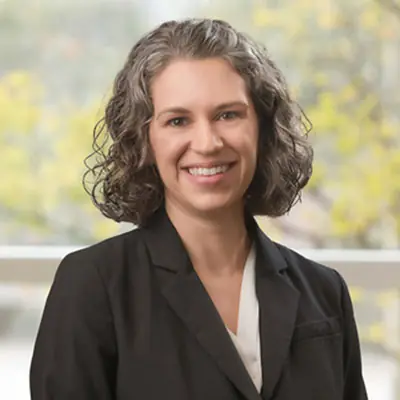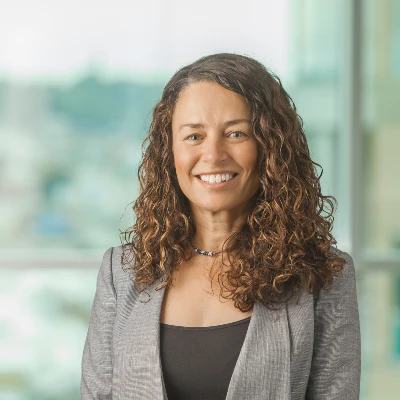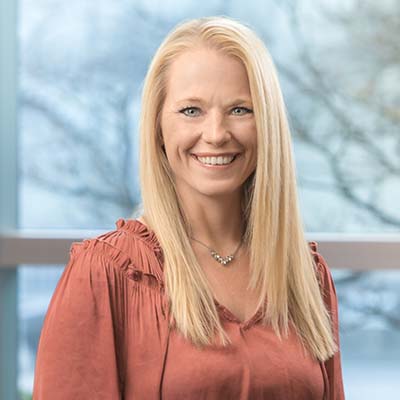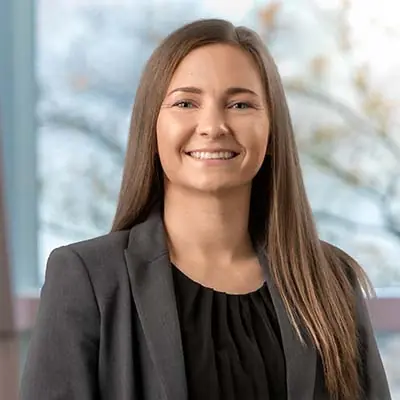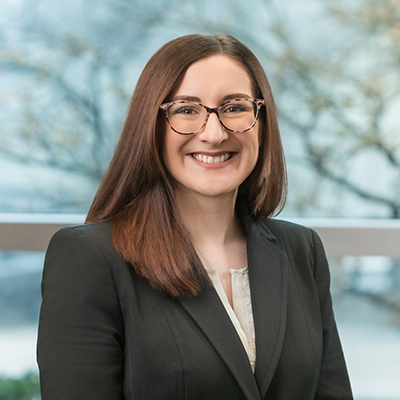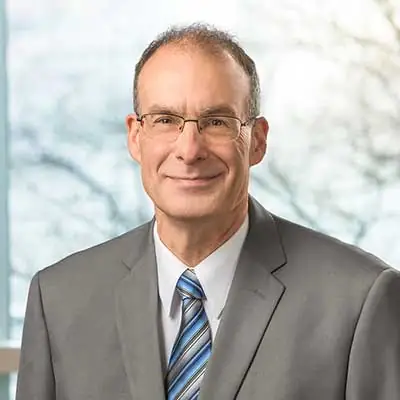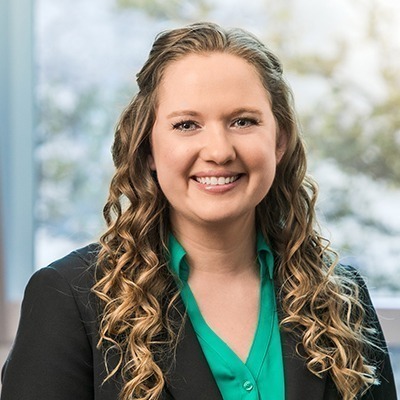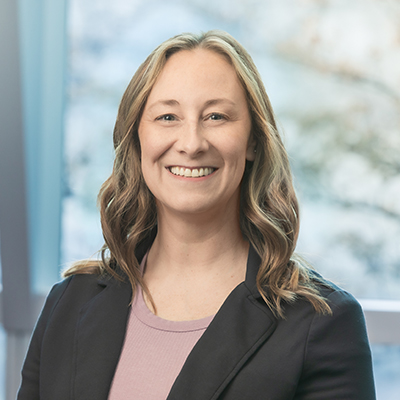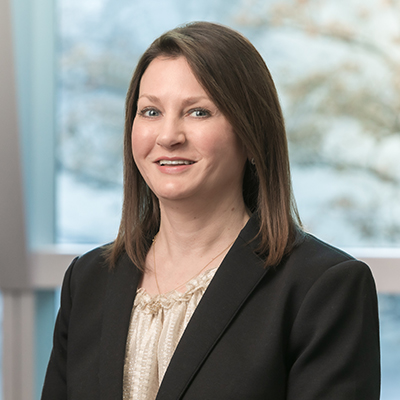When a child is born with a congenital heart defect, it can create complex emotions in parents: fear, uncertainty, resolve, determination. One thing all parents have in common: They want their children to have the best cardiac care possible.
From minor murmurs to major defects, disorders, and diseases, Children’s Nebraska offers comprehensive cardiac care programs for both children and adults with congenital heart issues. The Dr. C.C. and Mabel L. Criss Heart Center provides care for patients of all ages, from before birth through young adulthood.
Make An Appointment
Cardiology: Phone 402-955-4350 | Fax 402-955-4356
Cardiac Diagnostic Services (ECG, ECHO, HOLTER and EVENT RECORDER REPORTS): Phone 402-955-4328 | Fax 402-955-4357
Cardiothoracic Surgery: Phone 402-955-4360 | Fax 402-955-4364
Adult Congenital Heart Disease: Phone 402-955-4350 | Fax 402-955-4356
Our Specialists
Having a heart condition can impact more than just a child’s physical health. At Children’s Heart Center, we provide support services for our patients and their families across specialties. In addition to our cardiac care providers, other members of your child’s care team might include:
- Behavioral Health Specialists
- Child Life Specialists
- Dietitians
- Nursing Case Management
- Pharmacists
- Social Workers
Our programs and services include:
-
3D Visualization Lab
Our 3D Visualization Lab uses the latest in cutting-edge technology to provide the best cardiac care for our patients. By combining advanced imaging practices with 3D modeling, our physicians are better prepared for the most difficult cases by creating a virtual model that can be printed in 3D.These 3D models allow physicians, patients, and patients’ families to fully understand what will be done during a procedure, as well as increased staff knowledge of each case. This pre-surgical planning method leads to better outcomes for our patients.
-
Adult Congenital Heart Disease Program
o In partnership with Nebraska Medicine, Children’s is home to the region’s only Adult Congenital Heart Disease (ACHD) program. Our ACHD program is accredited by the Adult Congenital Heart Association and was the first in the nation to achieve reaccreditation.Our ACHD- trained physicians and specialists provide advanced imaging techniques, interventional catheterization and surgical procedures, transition support from pediatrics to adult care, and high-risk pregnancy care for mothers with congenital heart disease.
-
Pediatric Cardiology
Our pediatric cardiologists and advanced practice providers (APPs) provide high-quality cardiac care to patients in multiple areas, including cardiac imaging (such as echocardiograms), electrophysiology, heart failure, and interventional cardiology.We care for patients not only at the main hospital campus in Omaha, but also throughout the region. Our cardiac outreach clinics allow patients who are unable to travel to Omaha to receive the same standard of cardiac care near their homes.
Our cardiac outreach clinics are located throughout Nebraska and the region, including a permanent pediatric cardiology presence in Sioux City, IA that provides services to patients in northwest Iowa, southwest Minnesota, and southeast South Dakota.
Whether you’re looking for pediatric cardiology in Nebraska or pediatric cardiology in Iowa or South Dakota, Children’s is one of the top hospitals for pediatric cardiology in your area.
-
Cardiothoracic Surgery
Our cardiothoracic surgery program treats all congenital heart disease conditions. We take an individualized approach to treatment, tailoring care to each patient’s unique needs.Children’s board-certified pediatric and congenital heart surgeons are supported by dedicated pediatric cardiac anesthesiologists, pediatric cardiac perfusionists, and experienced cardiac in- and outpatient nurse practitioners and physician assistants.
The patient care team extends beyond heart surgery in children to include cardiology, nursing, and intensive care. This collaborative approach ensures exceptional care for every child.
-
Electrophysiology
Electrophysiology is all about studying the electrical activity in the heart. Our electrophysiology program performs catheter ablations (using a catheter to correct abnormal electrical signals in the heart) on infants, children, and adolescents who have arrhythmias or congenital heart defects. We use an advanced 3D system that requires minimal, or even no, fluoroscopy or radiation exposure. -
Fetal Heart Clinic
Children’s Fetal Heart Clinic offers advanced cardiac imaging and consultations with parents-to-be in order to provide an accurate and early congenital heart defect (CHD) diagnosis. This allows expectant parents to prepare for their child’s treatment before birth.We are ready and equipped with sophisticated imaging, compassionate consultative services, and an experienced team of fetal cardiologists to diagnose and treat the most challenging congenital heart diseases.
-
Advanced Pediatric Heart Failure and Transplant Program
Children’s Advanced Pediatric Heart Failure and Transplant Program cares for children in all stages of heart failure, from diagnostic evaluation to ventricular assist device (VAD) implantation and heart transplantation. Our collaborative team utilizes providers across specialties to create personalized care plans that address the full spectrum of care. Here, our experts will guide your family throughout the process, offering the care and support your child needs before, during and long after a lifesaving heart transplant. -
Interventional Cardiology
Our Interventional Cardiology team provides interventional cardiac catheterization for infants, children, and adults. Every year, we perform more than 350 interventional and diagnostic cardiac catheterization procedures. Our lab has full operating room capabilities. This means that both surgical and catheter-based techniques can be combined seamlessly, allowing us to perform procedures that would be impossible to complete using either approach alone. These hybrid procedures are less risky, take less time to complete, and have better patient outcomes. -
Project ADAM
Project ADAM – a program focused on making sure schools are prepared for sudden cardiac arrest – can assist schools in becoming more heart safe environments. Learn More About Project ADAM -
Pulmonary Hypertension Program
Children’s uses a multidisciplinary team to treat children and adolescents with Pulmonary Hypertension. Specialists from our cardiac care and pulmonary medicine teams use state-of-the-art technologies to provide the very best care, including cardiac catheterization labs and a pulmonary diagnostics lab.Our goal is to detect a diagnosis early, identify underlying causes, delay the progression of illness and formulate the best treatment plan for each individual patient.
What Sets Children’s Apart?
- Children’s is a certified Aetna Institute of Excellence for pediatric congenital heart surgery. This certification is given to hospitals with premier programs that meet enhanced quality review criteria.
- Our Adult Congenital Heart Disease Program program is accredited by the Adult Congenital Heart Association and was the first in the nation to achieve reaccreditation.
Conditions We Treat
At Children’s Heart Center, we are prepared to diagnose, monitor, treat, and provide follow-up care for a wide range of pediatric cardiology-related issues, such as:
-
Atrial Septal Defect (ASD)
Atrial Septal Defect is a type of congenital heart defect where there is a hole in the wall (septum) that separates the two upper chambers of the heart (atria). While some children who are born with ASD do not have symptoms, others may experience:- Frequent infections in the lungs or respiratory system
- Breathing difficulties
- Heart murmurs
- Swelling in their legs, feet, or stomach
- Stroke
Sometimes the hole closes on its own. Other times it may need to be closed surgically or through cardiac catheterization.
-
Coarctation of the Aorta
Coarctation of the Aorta is a congenital heart defect where the aorta (major artery that brings oxygen-rich blood to the body) is narrower than it should be. This can cause:- Pale skin
- Irritability
- Excessive sweating
- Trouble breathing
Treatment is aimed at widening the aorta, either through surgery or cardiac catheterization.
-
Hypoplastic Left Heart Syndrome (HLHS)
Hypoplastic Left Heart Syndrome occurs when all or part of the left side of the heart does not develop properly. This can lead to:- Trouble breathing
- Weakened pulse
- Pounding heartbeat
- Pale or bluish skin tone (cyanosis)
In addition to medication and nutrition supplementation, babies with HLHS will typically undergo corrective surgeries, often done in three stages.
-
Pulmonary Atresia
Children with pulmonary atresia are born without a pulmonary valve. This valve is needed to control blood flow between the lower right chamber (ventricle) of the heart and the pulmonary artery (artery that carries blood to the lungs). Without this valve, blood cannot flow directly from the heart to the lungs. This can cause:- Trouble breathing
- Pale or bluish skin tone (cyanosis)
- Difficulty feeding
- Extreme fatigue or sleepiness
Treatment is usually aimed at replacing or repairing the valve, either through surgery or cardiac catheterization.
-
Pulmonary Hypertension
Pulmonary Hypertension (PH) is when there is high blood pressure, and an increased amount of muscle, in the arteries of the lungs. The heart has to work harder to pump blood to the lungs. This can cause:- Paleness or discoloration of the lips, hands or feet
- Poor growth
- Shortness of breath
- Fatigue
- Irregular heartbeat
Treatment may include oral, inhaled or injected medications. At times, surgery may be needed.
-
Tetralogy of Fallot (TOF)
Tetralogy of Fallot is a group of four heart defects:- Ventricular Septal Defect: hole in the wall (septum) between the two lower chambers (ventricles) of the heart
- Pulmonary Stenosis: narrowed pulmonary valve and main pulmonary artery
- Enlarged aortic valve that opens up to both lower chambers (ventricles) rather than just the left ventricle
- Ventricular hypertrophy: thicker-than-usual muscle wall in the lower right chamber (ventricle) of the heart
This can cause:
- Pale or bluish skin tone (cyanosis)
- Dizziness
- Fainting
- Seizures
- Growth and developmental delays
Treatment involves surgery to correct the different defects.
-
Total Anomalous Pulmonary Venous Return (TAPVR)
Total Anomalous Pulmonary Venous Return is a congenital heart defect where the veins that are responsible for returning blood from the lungs to the heart (pulmonary veins) do not connect to the upper left chamber (atrium) like they should. There are several different types of TAPVR, depending on where the pulmonary veins connect in place of the left atrium.This can cause:
- Trouble breathing
- Pounding heartbeat
- Weakened pulse
- Pale or bluish skin tone (cyanosis)
- Difficulty feeding
- Extreme fatigue or sleepiness
TAPVR requires surgery to correct the defect.
-
Tricuspid Atresia
Tricuspid Atresia is a congenital heart condition where the valve that controls the flow of blood from the heart’s right upper chamber (atrium) and right lower chamber (ventricle) does not form. This means that blood is unable to properly flow through the heart and out to the body. This can cause:- Trouble breathing
- Pale or bluish skin tone (cyanosis)
- Difficulty feeding
- Extreme fatigue or sleepiness
In addition to medication and nutrition supplementation, babies with Tricuspid Atresia typically undergo corrective surgery.
-
Transposition of the Great Arteries
Transposition of the Great Arteries (sometimes also called Dextro-Transposition of the Great Arteries, or d-TGA) is a congenital heart defect where the arteries that carry blood away from the heart (the main pulmonary artery and the aorta) are switched with one another.- Trouble breathing
- Pounding heartbeat
- Weakened pulse
- Pale or bluish skin tone (cyanosis)
- Difficulty feeding
Surgery is necessary to treat this heart defect.
-
Truncus Arteriosus
Truncus Arteriosus is a congenital heart defect where there is a single blood vessel coming out of the heart rather than the normal two vessels (the main pulmonary artery and the aorta). This can cause:- Trouble breathing
- Pounding heartbeat
- Weakened pulse
- Pale or bluish skin tone (cyanosis)
- Difficulty feeding
- Extreme fatigue or sleepiness
Surgery is necessary to treat this heart defect.
-
Ventricular Septal Defect (VSD)
Ventricular Septal Defect is a type of congenital heart defect where there is a hole in the wall (septum) that separates the two lower chambers of the heart (ventricles). There are several types of Ventricular Septal Defects, depending on where the hole is located. Ventricular Septal Defects can cause:- Shortness of breath
- Heavy and/or fast breathing
- Excessive sweating
- Difficulty feeding
- Trouble gaining weight
Sometimes the hole closes on its own. Other times it may need to be closed surgically or through cardiac catheterization.
-
Other Conditions We Treat
- Anomalous Aortic Origin Of A Coronary Artery (AAOCA)
- Anomalous Left Coronary Artery From The Pulmonary Artery (ALCAPA)
- Aortic Valve Stenosis
- Arrhythmias
- Atrioventricular Canal Defect
- Bacterial Endocarditis
- Cardiac Tumor
- Cardiomyopathy
- Congestive Heart Failure
- Double Outlet Right Ventricle (DORV)
- Ebstein’s Anomaly
- Heart Murmurs
- Heterotaxy Syndrome (Isomerism)
- Hypertension
- Interruption Of The Aortic Arch
- Kawasaki Disease
- Long QT Syndrome
- Loeys-Dietz Syndrome
- Marfan Syndrome
- Mitral Valve defects
- Myocarditis
- Patent Ductus Arteriosus (PDA)
- Pulmonary Hypertension
- Pulmonary Regurgitation
- Pulmonary Vein Stenosis
- Single Ventricle Heart Defects
- Vascular Ring
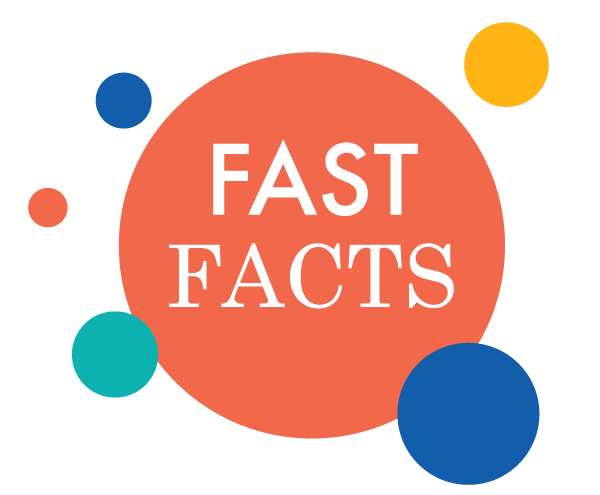
Children’s has been ranked among America’s top children’s hospitals for cardiology and cardiothoracic surgery by U.S. News and World Report from 2011 to 2021.
Additional Clinics And Services
Pediatric Cardiology in Nebraska, Iowa and South Dakota
To schedule an appointment, call 402-955-4350
-
Atlantic, Iowa Clinic
-
Columbus, Nebraska Clinic
Columbus Children’s Healthcare
3775 45th Ave
Columbus, NE 68601
Phone: 402-955-4350
Fax: 402-955-4356 -
Grand Island, Nebraska Clinic
Grand Island Clinic
2444 W. Faidley, Box 550
Grand Island, NE 68802
Phone: 308-382-1100
Fax: 308-385-0789 -
Kearney, Nebraska Clinic
Children’s Physicians-Kearney
211 W 33rd Street
Kearney, NE 68845
Phone: 402-955-4350
Fax: 402-955-4356 -
Hastings, Nebraska Clinic
-
Lincoln, Nebraska Clinics
Bryan East
1600 S. 48th Street, Suite 600
Lincoln, NE 68506
Phone: 402-483-3333
Fax: 402-483-3389
Children’s Specialty Pediatric Clinic – Lincoln
2121 S. 56th
Lincoln, NE 68506
Phone: 402-955-4350
Fax: 402-955-4356 -
Norfolk, Nebraska Clinic
Norfolk Medical Group
3901 West Norfolk Avenue
Norfolk, NE 68701
Phone: 402-844-8013
Fax: 402-844-8042 -
North Platte, Nebraska Clinic
Great Plains Pediatrics Telemed only
611 W Francis Ste 200
North Platte, NE 69101
Phone: 402-955-4350
Fax: 402-955-4356 -
Omaha, Nebraska Clinic
Children’s Specialty Pediatric Center – Omaha
111 N. 84th St.
Omaha, NE 68114
Phone: 402-955-4350
Fax: 402-955-4356 -
Rapid City, South Dakota Clinic
Black Hills Pediatrics & Neonatology
2905 5th Street
Rapid City, SD 57701
Phone: 605-341-7337
Fax: 605-341-2447 -
Sioux City, Iowa Clinic
Children’s Specialty Pediatric Center – Sioux City
5500 Sergeant Road, Suite 100
Sioux City, IA 51106
Phone: 712-224-6129
Fax: 712-224-6132 -
Sioux Falls, South Dakota Clinic
Avera Children’s
1417 S. Cliff Ave Ste 010
Sioux Falls, SD 57105
Phone: 402-955-4350
Fax: 402-955-4356
Conditions treated include:
- Adults and children with congenital heart disease
- Atrial Septal Defect (ASD)
- Coarctation of the Aorta
- Hypoplastic Left Heart Syndrome (HLHS)
- Pulmonary Atresia
- Tetralogy of Fallot (TOF)
- Total Anomalous Pulmonary Venous Return (TAPVR)
- Tricuspid Atresia
- Transposition of the Great Arteries
- Truncus Arterisus
- Ventricular Septal Defect (VSD)
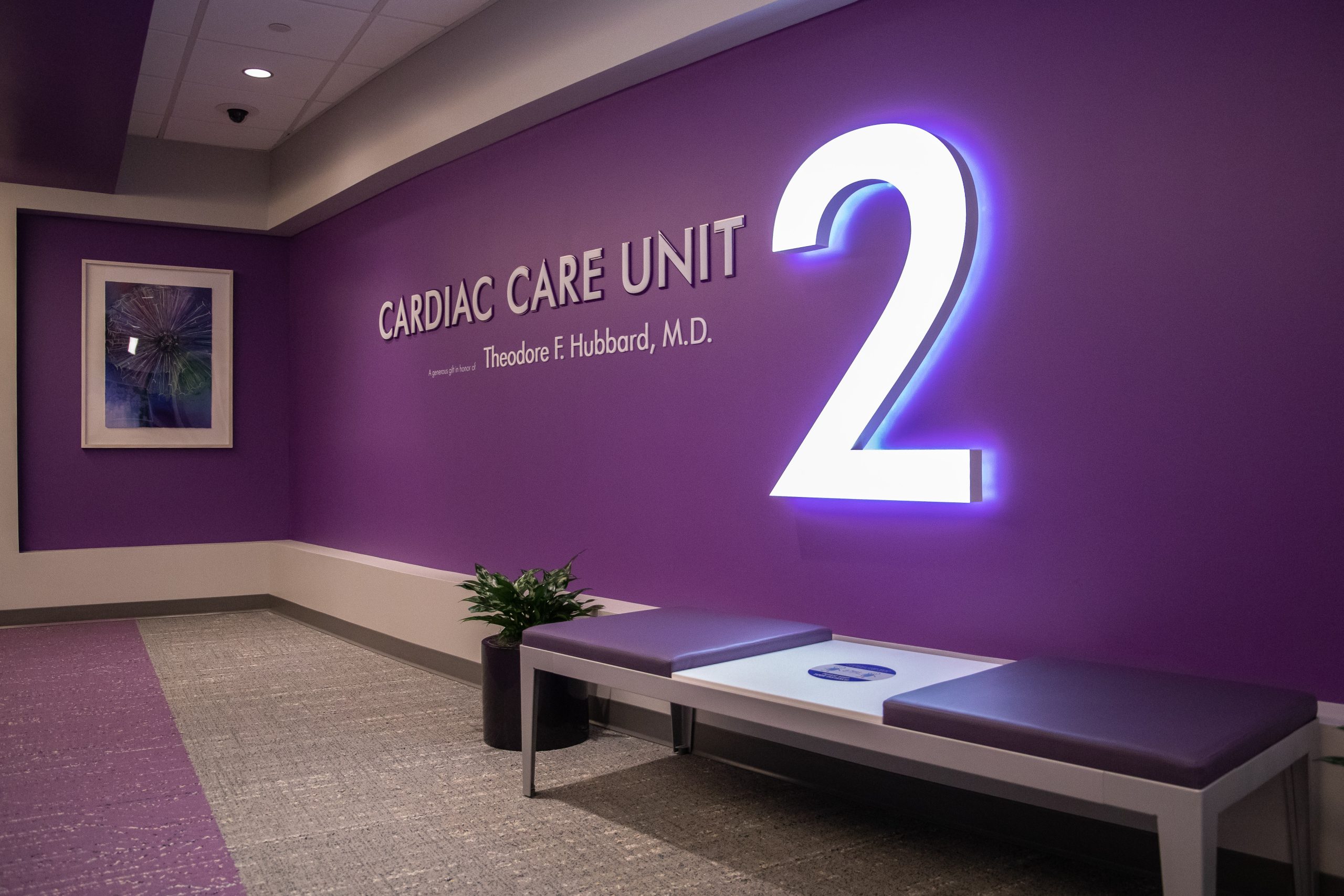
Cardiac Care Unit (CCU)
Children’s houses a first-in-the-region CCU, a floor exclusively dedicated to caring for the full spectrum of pediatric heart patients, meaning a child will remain on one floor for their entire hospital stay. Working alongside Children’s physicians and specialists, the CCU team includes highly skilled nurses and advanced practice providers specially trained in providing exceptional care to pediatric patients with cardiovascular conditions.
Patient Spotlight

Victoria
 Born premature at 30 weeks, Victoria was born with a heart condition known as cardiomyopathy. This means her heart was bigger than normal, making it difficult for her heart to pump blood to the rest of her little body. Read More
Born premature at 30 weeks, Victoria was born with a heart condition known as cardiomyopathy. This means her heart was bigger than normal, making it difficult for her heart to pump blood to the rest of her little body. Read More
Angelina

Angelina experienced ventricular fibrillation (VF), a life-threatening arrhythmia that’s considered the most serious abnormal heart rhythm. Read More
What To Do Next
For Patients
Make An Appointment
Patients do not need a referral to see one of our cardiologists. However, we recommend speaking with your child’s pediatrician first and making sure that you have all of your child’s medical records sent to the cardiologist before their first appointment. To make an appointment, call 402-955-4350.
For Referring Providers
The Physicians’ Priority Line is your 24-hour link to pediatric specialists at Children’s for emergency and urgent consults, physician-to-physician consults, admissions, and transport services. Call 855-850-KIDS (5437).
Learn more about referring patients.
